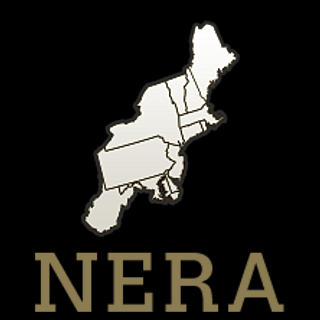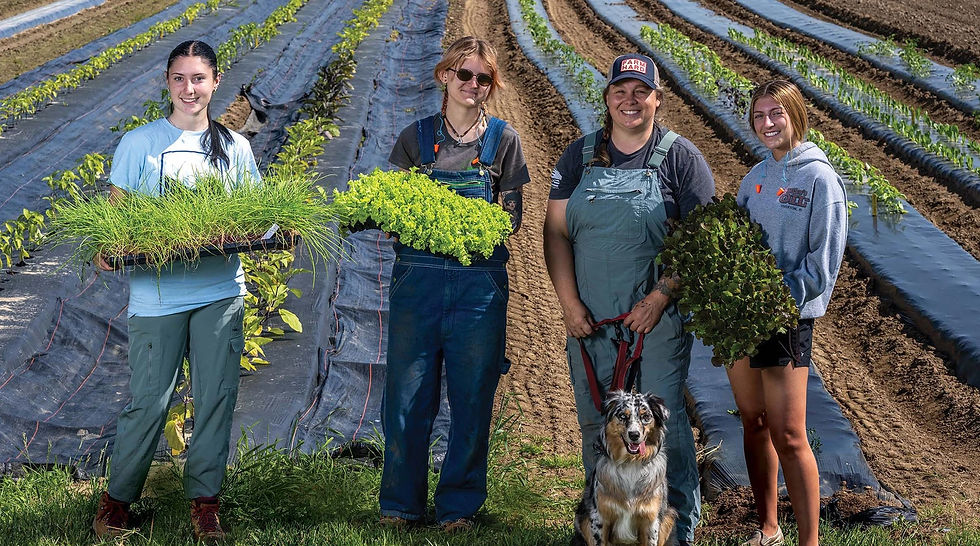Strengthening Agriculture and Food Systems in the Northeast
- nerasaes
- Feb 20, 2025
- 2 min read
Updated: Apr 28, 2025
Article by Stacey Stearns, UConn Extension

Introduction
Land-grant universities in the Northeast are driving innovation in sustainable agriculture, food security, and climate adaptation. Through research, Extension education, and community engagement, institutions such as Cornell University, the University of Vermont, Pennsylvania State University, and the University of Connecticut are fostering resilient food systems while enhancing environmental sustainability. Their work supports farmers, strengthens local food networks, and develops climate-smart agricultural practices essential for the region’s future.
Cornell University: Advancing Soil Health and Sustainable Farming
Cornell University is leading efforts to improve soil health and promote regenerative farming techniques. Research and Extension programs focus on soil testing, precision nutrient management, and cover cropping strategies that enhance soil fertility while reducing environmental impact. By adopting these science-based practices, farmers across the Northeast are improving water retention, reducing runoff, and increasing resilience to extreme weather conditions. Cornell’s work ensures that agriculture in the region remains productive and environmentally sustainable.
University of Vermont: Strengthening Local Food Systems and Community Resilience
The University of Vermont is making significant strides in strengthening regional food systems by supporting small and mid-sized farms, local markets, and farm-to-school initiatives. By enhancing direct connections between producers and consumers, these programs create economic opportunities for farmers while improving food access for communities. UVM’s work in urban agriculture and cooperative food distribution models is helping to build a more resilient regional food network.
Pennsylvania State University: Enhancing Climate Smart Agriculture
Pennsylvania State University is at the forefront of research on climate smart agriculture. Scientists and Extension specialists are developing innovative strategies to help farmers, breeding climate-resilient crops, improving water management practices, and integrating precision agriculture technologies. Penn State’s research on controlled environment agriculture and renewable energy solutions is helping farmers increase efficiency while reducing their carbon footprint.
University of Connecticut: Innovating for a Sustainable Future
The University of Connecticut (UConn) is pioneering advancements in controlled environment agriculture (CEA) to help farmers produce more food using fewer resources. Through research on precision irrigation, energy-efficient greenhouses, and integrated pest management (IPM), UConn is helping farmers optimize production while reducing water and energy use. These innovations not only support year-round food production but also contribute to a more sustainable and resilient agricultural system in the Northeast.
Conclusion
Cornell University, the University of Vermont, Pennsylvania State University, and the University of Connecticut exemplify the Northeast’s commitment to sustainable agriculture and resilient food systems. Their research-driven solutions and Extension efforts align with the Northeast Agenda’s vision of a regenerative, livable, and vibrant future. Continued investment in these initiatives will be essential for ensuring a sustainable and resilient food system in the face of climate, economic, and social challenges.




